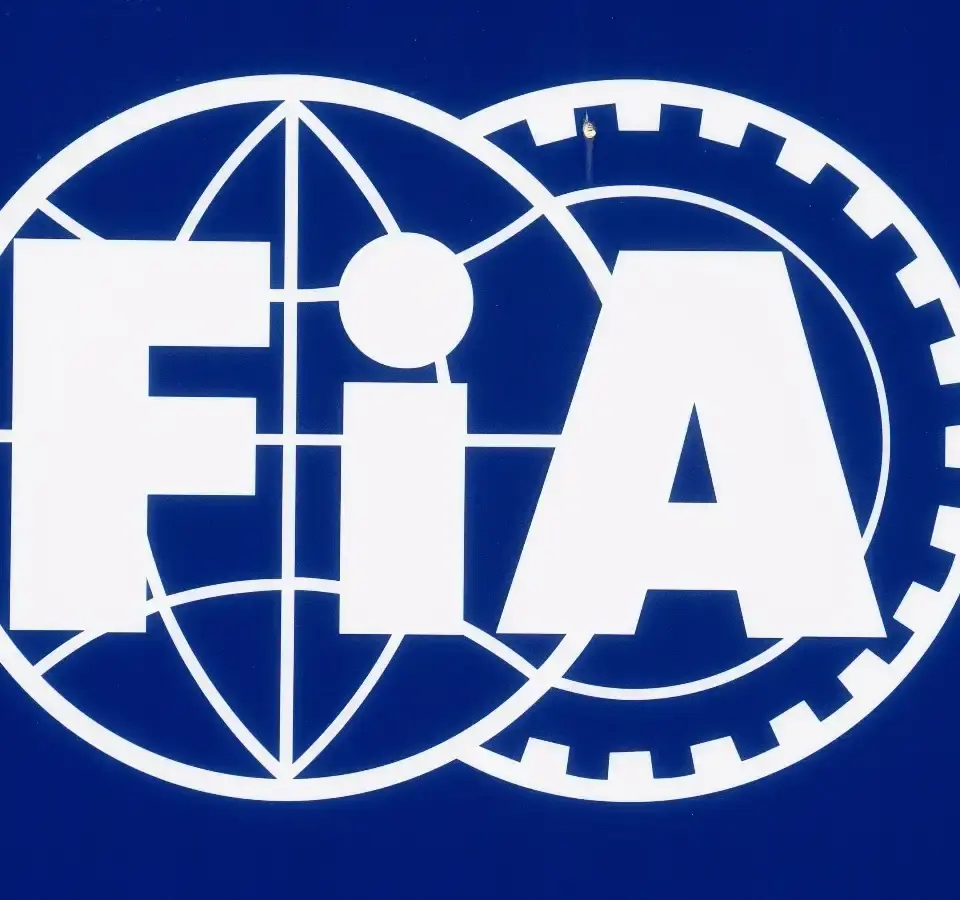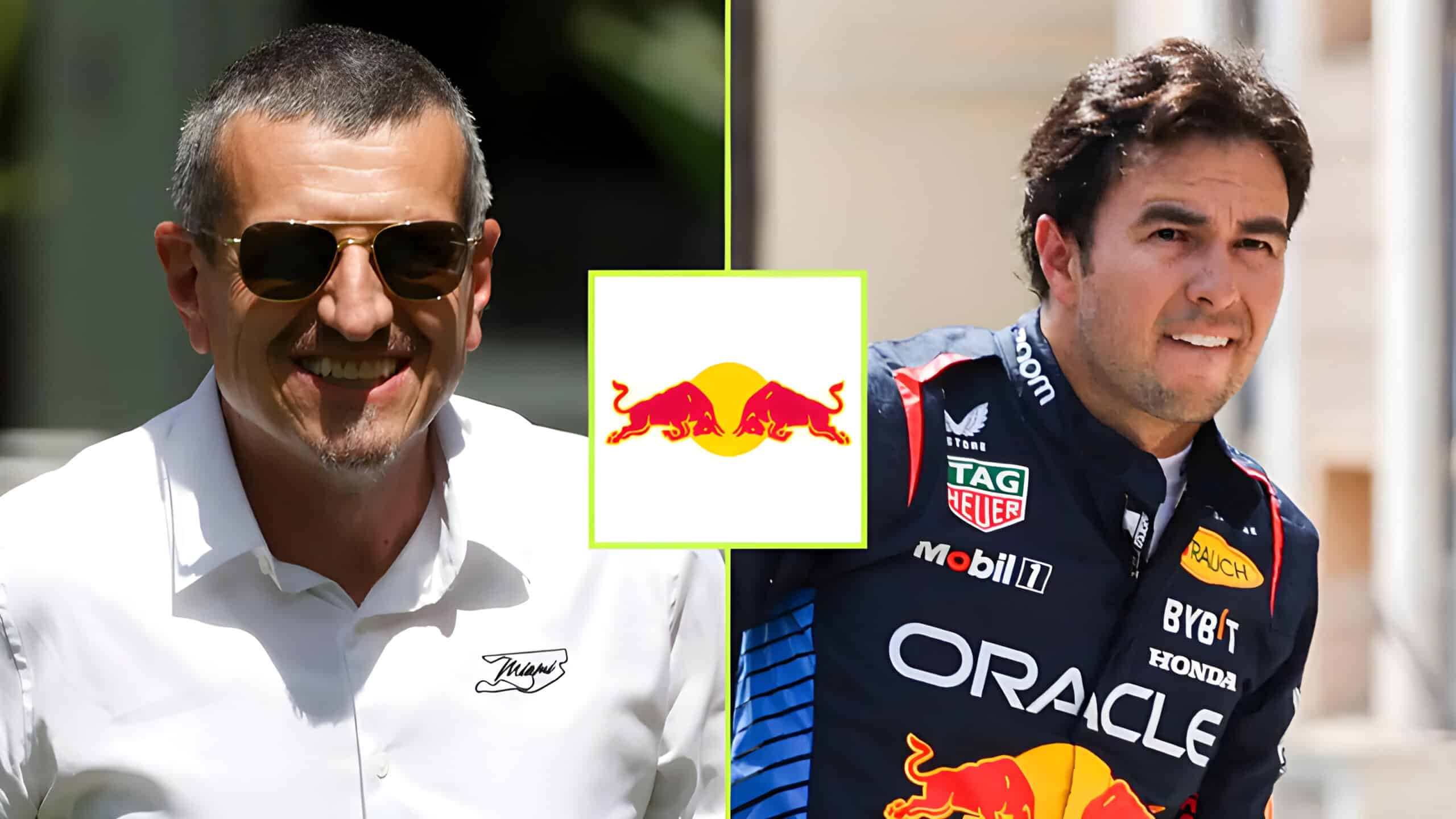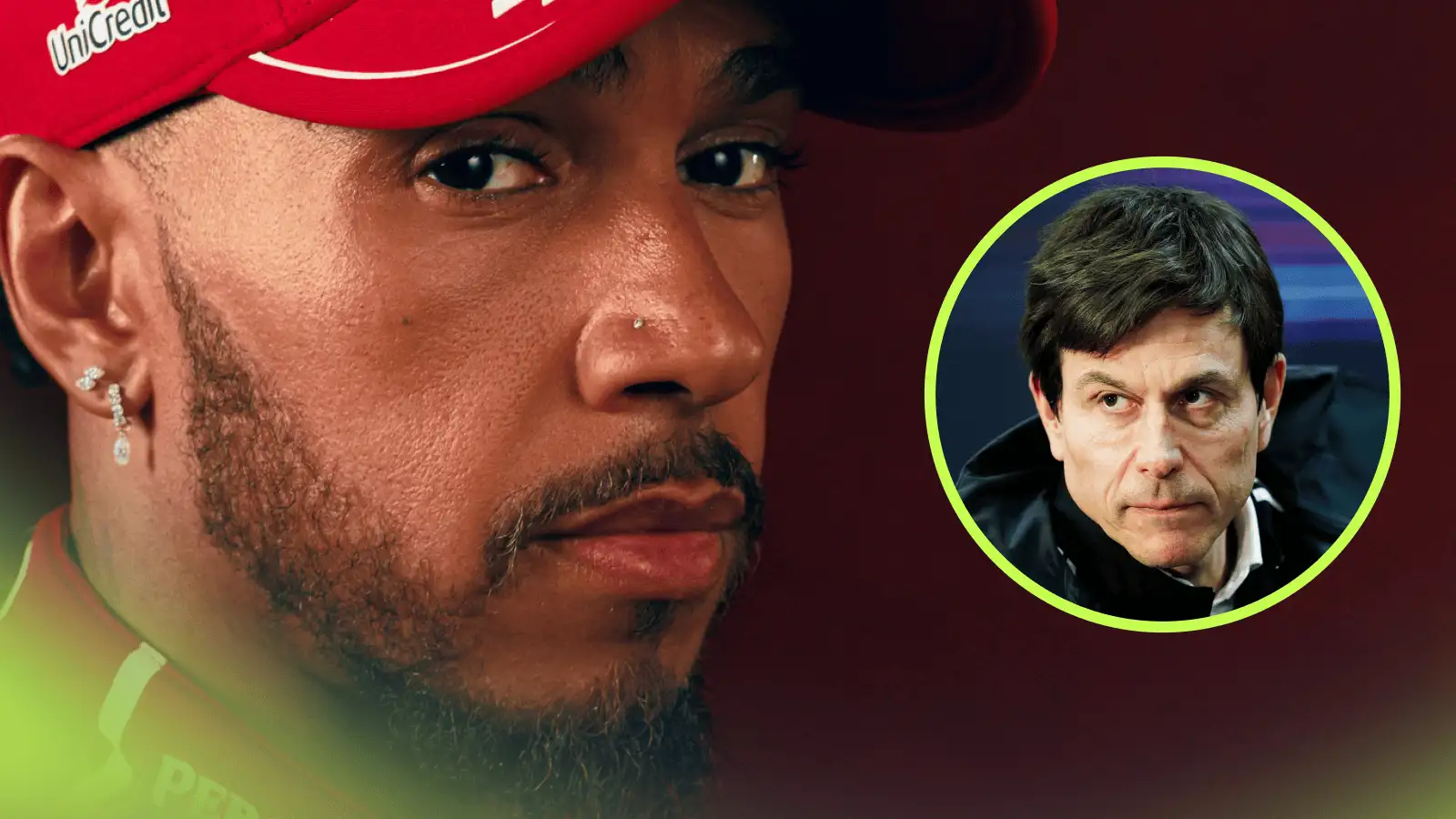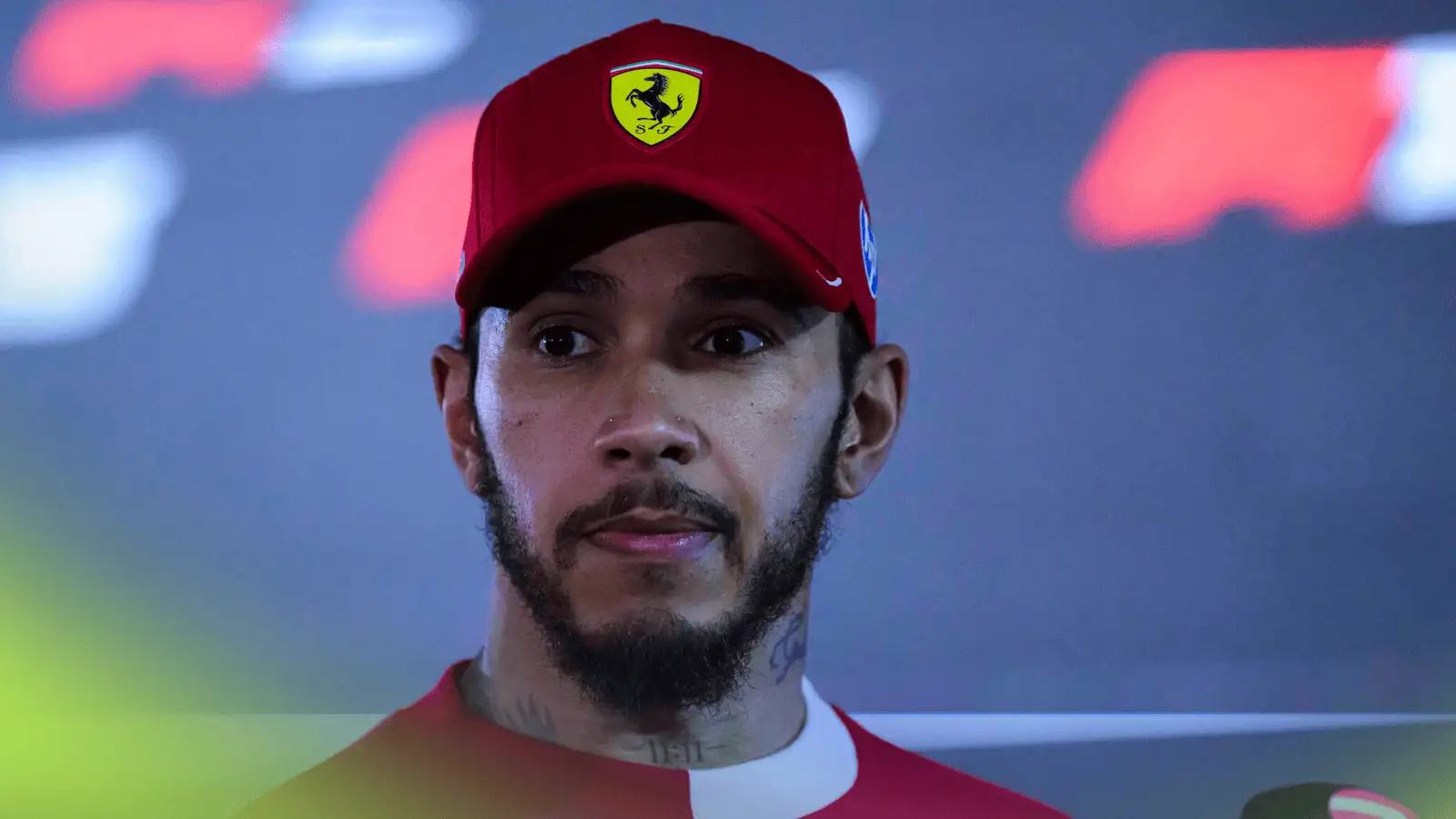The FIA, responding to a wave of criticism, has revamped its approach to managing swearing among drivers, drawing a line between “non-controlled” and “controlled” environments. This move comes after much debate in the motorsport community since the announcement of the swearing ban earlier this year.
In January, the FIA introduced a rule that had the motorsport world buzzing. Drivers faced the possibility of penalties for swearing, an unexpected focus for a sport known more for high speeds than decorum. Nevertheless, the governing body has re-evaluated its stance due to substantial feedback from drivers and teams.
Previously, a €10,000 penalty was applied as seen in an early instance involving a World Rally Championship (WRC) driver. However, this hefty fine was deemed excessive by many within the racing field. Max Verstappen, for example, was involved in an incident last year where he was required to partake in a grassroots motorsport program in Rwanda following language slip-ups during a press conference.
In a striking revision, the FIA announced reduced fines, with the maximum now cut to €5,000 for standard breaches, affecting multipliers applicable in FIA World Championships too. Importantly, a clear distinction is now made between “controlled” environments such as formal press conferences and “non-controlled” instances like spontaneous remarks made on the track or during rally stages.
The FIA’s response reflects an understanding of the emotional intensity in racing. FIA President Mohammed Ben Sulayem commented on his personal experience as a former rally driver, acknowledging the challenges drivers face. He emphasized the need to maintain the sport’s integrity while adapting guidelines to real-world racing dynamics.
In addition to revamped fines, there’s a provision allowing stewards to suspend penalties depending on circumstances, particularly for first-time offenders. Furthermore, the FIA has introduced harsher repercussions for abuse directed at officials, shifting from financial to sporting penalties, ensuring that respect remains a fundamental part of the sport.
The FIA continues to address racial and discriminatory comments with zero tolerance, a stance that remains unchanged. Ronan Morgan, President of the Drivers’ Committee, echoed this sentiment, underscoring the importance of drivers as role models. According to him, the context of a driver’s remarks plays a crucial role, differing vastly between the heat of a race and a post-race media session.
Garry Connelly from the Formula One Stewards Chair expressed his approval of the new guidelines, noting they provide a solid framework to handle issues tactfully. The changes aim to make motorsport enjoyable and accessible to fans worldwide, preserving its essence while evolving with the times.
The FIA’s revised swearing policy highlights a shift towards understanding and flexibility, recognizing the dynamic and emotional nature of motorsport. These changes are designed to support drivers while safeguarding the sport’s integrity, ensuring that it remains an inspiring spectacle for its global audience.










